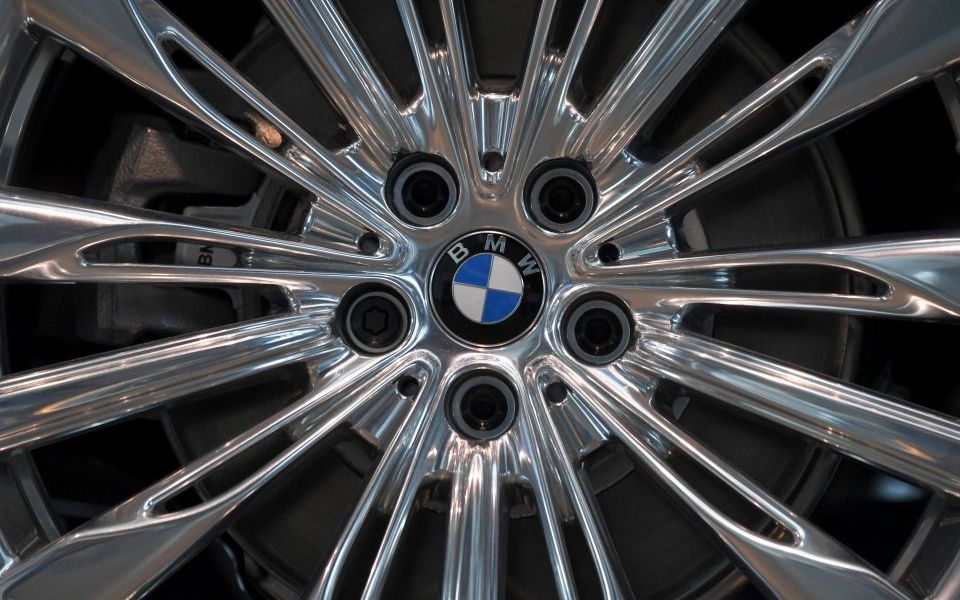Airbus and BMW better start planning for a no-deal scenario

The EU (Withdrawal) Bill has now received Royal Assent, and over the next few days the Prime Minister will be at the European Council in a far stronger position and hopefully an emboldened mood.
This does not mean that the next phase of Brexit is going to be any easier than the two years since the referendum (far from it), but for businesses to understand how to make a success of Brexit, they must accept that it is happening, understand why progress has been so slow, and plan for there being no deal.
There have been some very worrying complaints in recent weeks as individual businesses and some trade associations, such as logistics and motor manufacturing, have made public their concern over the continuing uncertainty of what a deal might look like – or whether one will be agreed at all.
Read more: BMW has no plans to move production from Brexit Britain
Businesses such as Airbus and BMW have a point. They want to know what impact being outside the customs union and Single Market will have on them, or if some compromise will be reached, so they can prepare.
However, I cannot be the only person who finds it odd that the government is being criticised for not having any answers when it has said all along what its goals are. That should have given a clue to business leaders that, just as the government should be planning for a no-deal WTO scenario, so should they.
Of course, that is not what many businesses want. They would prefer the certainty of what they have now, but just as politicians who opposed Brexit need to accept the people’s verdict, so too do business leaders.
The lesson is that if Boeing can believe it possible to make a £40m investment to start manufacturing in Sheffield, and if Jaguar Land Rover can commit to upgrading its Halewood and Solihull plants for new models – rather than choosing an EU or other third country locations – then Airbus and BMW should be able to make it work too.
They already have all the advantages of being established here, with a terrific skills base and government support on call.
If Siemens believes that it is still good business to build new tube trains amid this supposed “uncertainty”, it raises questions about the motives and preoccupations of management at other companies.
Indeed, the suggestion that Airbus might relocate over time to the US or China – and not to an EU country – suggests that its motives for raising the issue had more to do with corporate and financial politics than manufacturing practicalities.
At any rate, the bottom line is that the reason for the continued uncertainty is that opponents of Brexit – in Brussels and among the British establishment – have exploited Theresa May’s parliamentary weakness to try and prevent it happening at all.
The British government has been open about what it wants – a trade deal that covers both goods and services – and generous in offering solutions to the questions over EU citizens, customs and border arrangements, and payments for alleged liabilities (has anyone seen the breakdown of the bill yet?).
Unfortunately, there have been court challenges to deal with, continued opposition in parliament, and a series of protests attempting to overturn the referendum result.
All of this has allowed the EU negotiators to sit on their hands – when they are not meeting opposition politicians, stirring up division in Northern Ireland and Scotland, or mentioning Gibraltar.
What businesses need to be doing is working out what the no-deal scenario means for them – and planning for it.
For many, which will find there are no differences in tariffs and whose governing regulations are international, change should be manageable.
Those that have time-sensitive supply chains or might face regulatory hiccups should be looking to switch to UK suppliers in good time, while making their sourcing more advanced. Companies such as Nissan are doubling the British share of components.
Simply blaming British politicians who have had to face a rearguard action and a mutiny in the officers’ mess does not absolve them of their own responsibility.
Whatever deal is agreed, nothing is guaranteed, for it will be put to the European parliament, where the same usual suspects will lobby to have it ditched – and might succeed, causing the UK to “crash out” of the EU.
If business wants certainty so desperately, the WTO no-deal scenario should be the baseline for planning. After that, anything should be a bonus.
Read more: DEBATE: Should the Airbus announcement be taken as a warning post-Brexit?